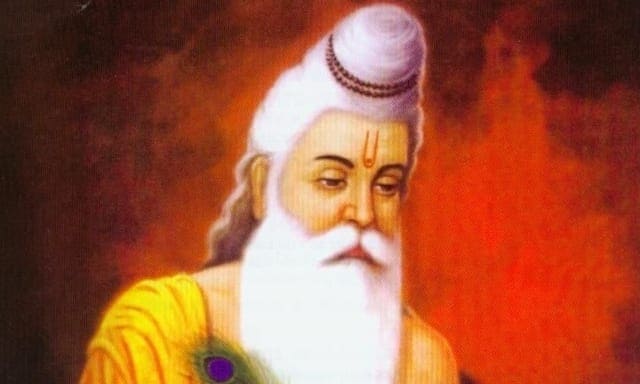The Sanskrit word Arsha means that which comes from a rishi. A rishi is one who knows, or sees, so a rishi is a seer. Seer of what? He is a seer of what is, of things that others don’t see. Vidya means knowledge, that which is opposed to error and ignorance.
[dflip id=”3586″ ][/dflip]
